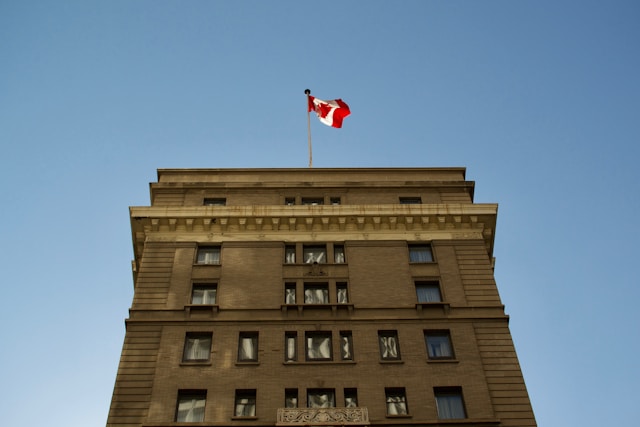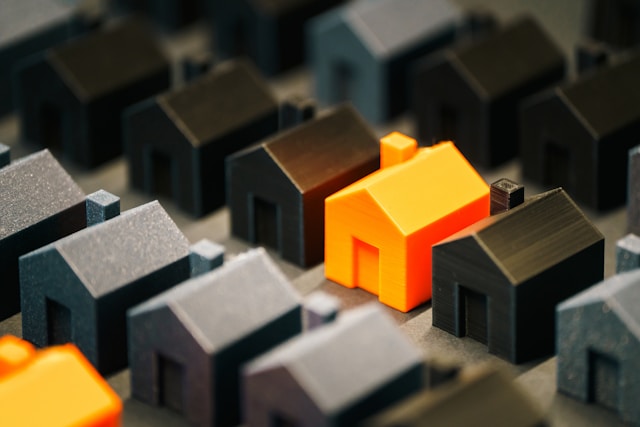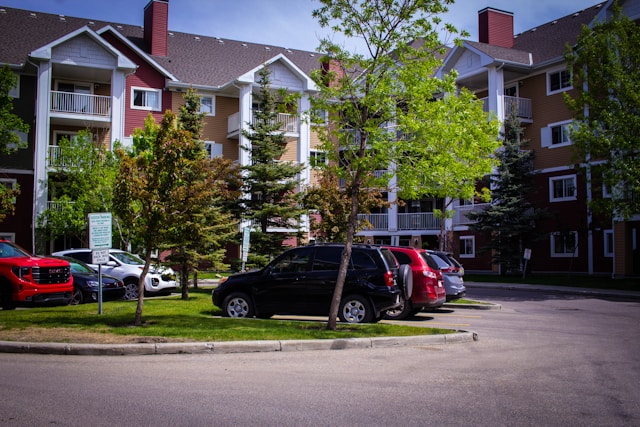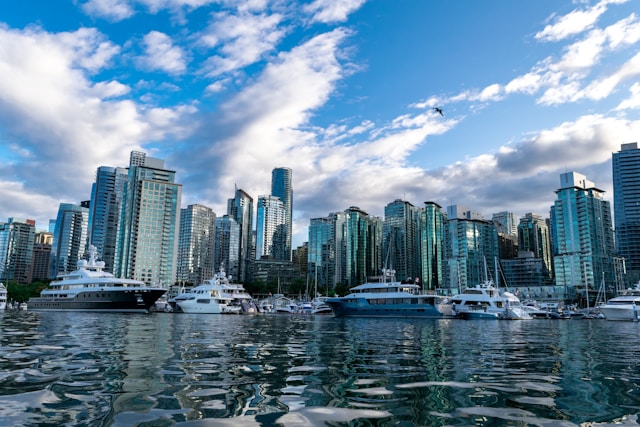Are you renting a house for the first time? It’s normal to be apprehensive. After all, landlords and tenants also experience stress when moving. As a new landlord, you must get familiar with all the legalities involved in leasing a home. There are numerous things to remember; therefore, it’s a good idea to use a first-time landlord checklist.
Utilizing property management services offers a stable investment opportunity with many benefits for landlords. It’s a pathway to earning passive income and accumulating wealth for retirement. This guide provides essential insights for first-time landlords, including a comprehensive list of what you need to know before renting out a property. Additionally, it addresses typical queries faced in property management, ensuring you maximize the advantages of working with a property management company.
Inspections and Safety Precautions
The safety of your tenant is, first and foremost, a top priority. The first thing on your landlord’s to-do list should be to regularly inspect the property to ensure everything is to ensure your tenant’s safety. Additionally, it would help if you took several required safety precautions, depending on the nation in which you reside.
For instance, properties are required to have working smoke alarms on every story. Additionally, every room with fuel-burning equipment, such as the kitchen, needs to have carbon monoxide detectors installed.
Here’s a checklist of things to check to ensure your home is safe and viable to live in:
- The building’s infrastructure (walls, roofs, stairs, floors)
- Communal facilities such as stairwells and hallways
- Elevators, plumbing, electrical, ventilation, and HVAC systems
- Heating systems that use hot water.
In addition, ensure that there are no rodents or vermin infestations. If your property is an older one, it should also be ensured that no dated environmental hazards like lead or asbestos are present.
Restoring the Property
If you discover anything out-of-code during your inspection of the property, now is the time to have it fixed. For instance, if the plumbing needs to be fixed, do it as quickly as feasible. Additionally, check that smaller elements like cupboards, windows, doors, and lighting operate flawlessly.
Many landlords struggle with managing property maintenance. Before prospective tenants view the home, it is recommended to replace any broken door locks or window hinges. All utilities must be operational after a tenant moves in. Having this item on your checklist for rental properties might help you remain on top of your property’s maintenance requirements.
The Lease Agreement
Creating a cooperative lease agreement is the next step when renting a home for the first time once you’ve found your tenant. An agreement to lease includes the following:
- Names of all parties (landlord and tenant)
- the agreement’s duration
- the sum of rent (during a specific period, and possibly how you will be collecting rent as well)
- security deposit and additional charge conditions
- a ban on unlawful activities and other disruptive behaviour
- agreement for upkeep
- responsibility for dealing with property damage, right to own (or not own) pets
- Conditions for tenancy (for example, subleasing)
Another important part of the lease agreement is entry rights. The right of entrance specifies the circumstances and amount of notice required before you, the landlord, are permitted to enter the property. For instance, landlords may enter the residences of their tenants to make repairs or carry out ordinary maintenance.
Once you have your lease agreement ready, Obtain a lawyer or other legal professional review it. After that, go over it carefully with the tenant to ensure no changes are required. Have the lease signed and dated if all the provisions are acceptable to both parties.
First and Last
This must be incredibly thrilling for a first-time landlord. Any seasoned landlord would advise you always to collect the security deposit and the first month’s rent before the tenant moves in.
This rule might have a few exceptions. For instance, if your renter receives government assistance, they may pay after the scheduled move-in date. Look into any further exemptions provided by real estate law.
Regarding the last month’s rent, several nations have laws requiring you to pay both at the start of a lease. It’s not always essential, though.
Rent collection is an important element of managing a rental, but you might be surprised to learn that only some get the procedure down pat. Ensure you sort out payment options with your tenants, whether through direct deposit, PayPal, cheque, or physical currency.
Change the Locks
If previous tenants were living in the home or condo, you are renting out, make sure to change the locks after they have moved out. This is an important precaution for both the safety of your current tenant and your property and defence against potential legal problems.
The Move-in Confirmation Checklist
This is an important step. Talk over the move-in checklist with your tenant when they ultimately move in. The condition of the rental unit is described in the move-in checklist. This is crucial since it serves as evidence that the apartment is secure and livable and will be utilized in the event of any disagreements regarding deposit deductions after the tenancy.
Listed on a move-in checklist are the following:
- Name, address, and apartment number of the tenant
- the start date; the expiration date (of the lease)
- outcomes of the move-in and move-out inspections.
- the condition of each room in the apartment (both at entry and exit)
- evidence that safety equipment, such as smoke alarms, is operational
- You and the tenant both need to sign.
After the tenant has reviewed it, have them sign and date it as confirmation. As you can see, move-in checklists are crucial since they let you keep tabs on how your property evolves over time.
Consider Property Management
Whether you own numerous units outright or are an investor with multiple properties in the GTA, we offer hassle-free, expert management services and affordable property management. We handle everything, from finding trustworthy tenants to handling maintenance issues!
Our qualified property managers not only have years of real estate expertise in marketing and consulting services, but they also own Toronto investment properties. We will go above and above to make every property we manage a valuable investment since we are aware of its unique servicing needs.





